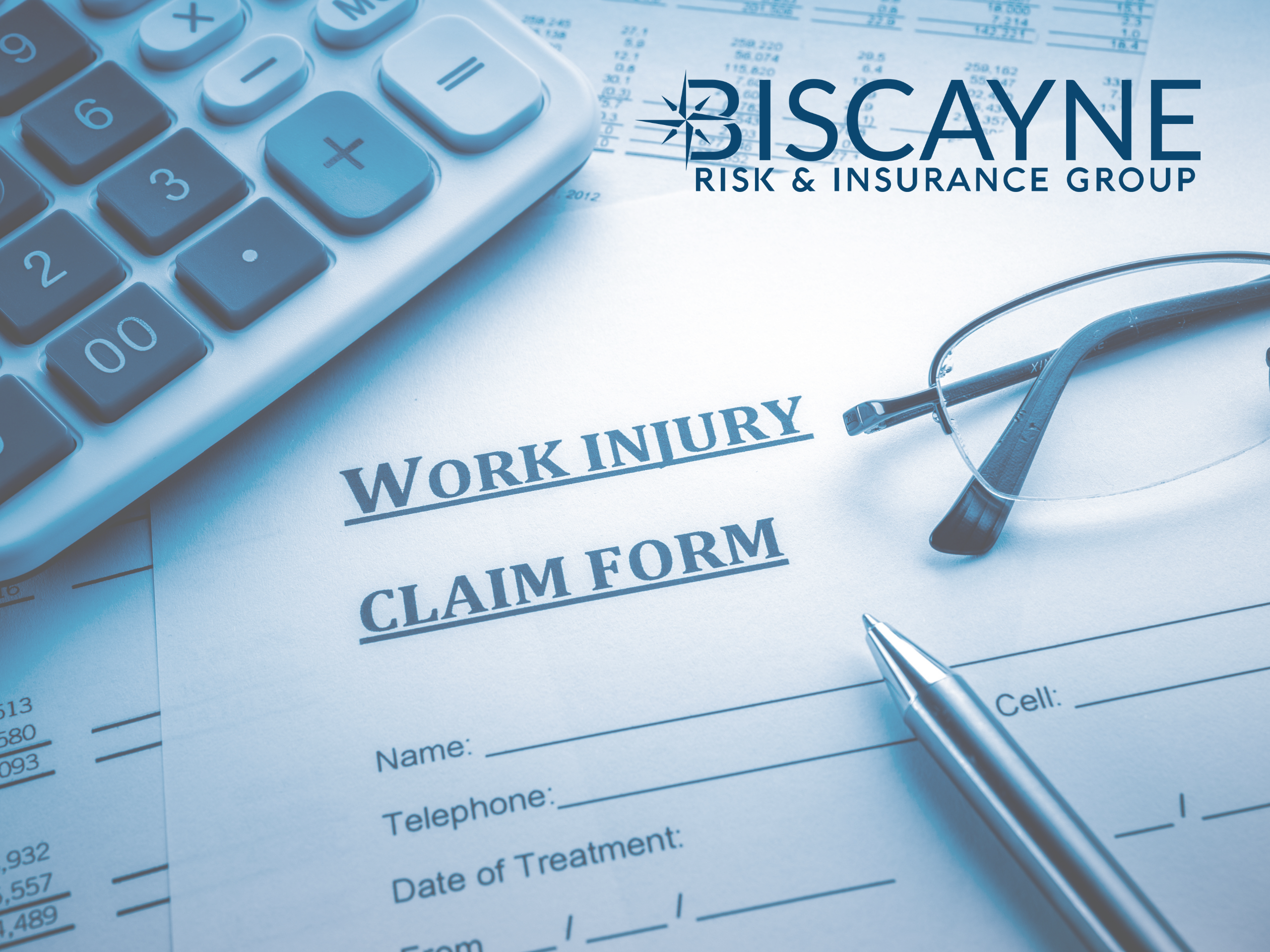Despite safety precautions at the workplace, sometimes accidents and injuries are inevitable. Not only can workplace accidents drown you in paperwork but they can also cost your business thousands of dollars. According to the U.S. Bureau of Labor Statistics, 2.8 million nonfatal workplace injuries or illnesses were reported by private ownerships in 2018. Additionally, an estimated $62 billion is spent each year due to workplace accidents. With the frequency of workplace injuries and the amount of money lost, it’s important to understand the steps to take after an employee injury claim is filed.
Workers’ Compensation Insurance
What Is Workers’ Comp?
To get a better understanding of the employee injury claim process and ultimately save money on expenses, we must learn the basics of workers’ compensation insurance. Nearly every state requires businesses with employees to have this insurance in order to protect employers and workers from the financial risks of a workplace injury. It’s a no-fault coverage that covers the company and employee in the event of employee injury. It serves to protect injured workers by covering costs of injury-related medical expenses, a portion of lost wages, and disability benefits.
How The Process Works
Filing a workers’ comp claim may be simple but settling one is often challenging and time-consuming. After an employee suffers a workplace injury, they must report it quickly or risk losing benefits. Each state has different deadlines to report, ranging from 72 hours to 2 years. Typically, a report is required within 30 days to initiate the workers’ compensation claims process. As an employer, the following steps should be taken:
- Seek medical attention for the employee: As soon as you are informed of a workplace injury, help the employee receive the proper care. Every case is different but medical attention may be needed. What’s most important is that you act quickly and never prevent an employee from receiving care.
- Investigate the accident: It’s your duty to document what happened and determine any possible safety issues. This may include taking photos of where the accident occurred or summarizing witness statements.
- File a claim: Oftentimes, you’ll be responsible for filing a workers’ comp claim with your insurance provider. Rules vary by state but keep in mind that you may also have to submit documentation to the state’s workers compensation board.
After a claim is filed, the workers’ comp insurance company will review it for either approval or denial. In some cases, further investigation may be needed and you’ll be asked where and how the injury occurred. The insurance company may also review medical records and accident reports.
How Settlements Are Reached
If a worker is fully recovered and returns to work with no unresolved bills or unpaid benefits, the claim can be simply closed. Closing a claim often involves a workers’ comp settlement between the worker and insurer, typically through an attorney. The settlement process begins with an offer from the insurance company and employer, usually including payments for unpaid benefits or medical bills. If the injury leaves the worker with permanent damage, they may also be entitled to a disability award and compensation. This can be a grueling and exhausting process for an employer who simply wants to run a profitable business; especially in cases where the two parties can’t reach an agreement and a judge must decide what to do after a hearing. Because of this, having the right insurance partner is of the utmost importance in the case of a workplace accident.
Business Insurance In South Florida
Workplace injuries and accidents are something we hope never happens but we must be prepared for nonetheless. At Biscayne Risk & Insurance Group, our mission is to help you manage your business’ insurance costs and reduce risks associated with your operations. With decades of risk management experience and comprehensive solutions tailored to your business, we can provide you with the right small and medium-sized business insurance and counsel. Contact us today to learn more about how we can help ensure your business remains profitable and protected.

